Best Plants to Grow to Teach Your Children How to Garden
Children are natural gardeners. They are curious, quick learners through hands-on experience, and love to get a little messy in the dirt. Gardening is a healthy and fun activity for all ages, but it's especially beneficial for kids. Gardening teaches a multitude of skills and fosters an appreciation for science and nature.
Key findings suggest that when young children are participating in garden and greenhouse activities they are: (1) communicating their knowledge about the world to others, (2) conveying (and learning to process and manage) emotions, and (3) developing important skills (e.g., initiative, self-confidence, literacy, math, science skills) that will help them be more successful in school and better navigate the world.
Benefits of Teaching your Children Gardening Includes:
1. Nurtures a sense of responsibility:
Without proper care, their plants will not grow. Gardening teaches them valuable life lessons at a young age.
2. Reasoning and discovery skills:
Learning how to problem solve. discover science and nature of plants through research and real-life experiments.
3. Self-confidence:
Gardening gives them the tools to grow their own food and achieve goals.
4. Love of nature:
Inspires awe and appreciation for the outdoors in a safe and pleasant environment.
5. Physical activity:
Gardening gets kids outdoors, using their hands to create.
6. Creativity:
Finding new and exciting ways to grow food and becoming inspired by nature.
Here are some of the best plants to start with kids:
1. Lettuce
Lettuce are quick and reliable crop with fast results. Lettuce likes party shady environments. Lettuce seeds will germinate in 7-10 days and the growing season is about 1-2 months.
2. Snow peas
can easily pick right off the vine and eat. 10 days to germinate and mature in about 2 months. They prefer cooler, partly shaded areas in the garden.
3. Sunflowers
Plant just a few 'confectionery' sunflower seeds (used for food), since sunflowers take up a lot of space in a garden. Their seeds can be dried and roasted for snacks. Be sure to save some seeds to grow the next season too. Sunflower seeds tend to sprout in a week and should be about 30 cm in a month. Harvest your sunflowers when their petals become dry and the green base of the sunflower head turns yellow to brown.
4. Cherry tomatoes
Cherry tomatoes enjoy full sun, and if you can, purchase seedlings from the local grocery store rather than seed since they can be difficult to germinate. Plant a pole or a stake about 60 cm tall for the tomato vine to wrap around. Cherry tomatoes add vibrant colour to your garden, and they're a sweet, juicy treat!
5. Potatoes
Potatoes are a versatile vegetable, and can be prepared in many tasty recipes. Red potatoes mature faster than white varieties. Cut seed potatoes into chunks with at least 2 'eyes' per and plant them about 35 cm apart with the eyes pointing to the sky and mound the soil up around the plant as it grows. It's ready for harvest when the plant collapses.
6. Zucchini
Start these seeds in a small container indoors first. You can up-cycle egg cartons and plant the seeds in about 1 cm of soil. Keep the soil moist, and when you have a strong sprout with roots, you can transfer the egg carton directly into the soil outside. Make sure your soil is rich in nutrition, or you can add fertiliser to your soil.
Other interesting plants to grow:
1. Avocado Pits
Wash your avocado seed and use 3 toothpicks to suspend it broad-end down in a glass of water covering about 2.5 cm of the seed. Place the glass in a warm place indoors out of direct sunlight and replenish the water as needed. You should see sprouts in about 2-6 weeks.
2. Top of a pineapple
Once you bring your pineapple home and are about to cut it up into a snack, save the top to plant just about 3 cm below the leaves then remove some of the lowest leaves from the stalk and cut out the remaining fruit flesh. Plant in your garden or a decorative pot. Keep the plant soil moist until roots develop at around 6-8 weeks. Pineapple tops enjoy bright, indirect sunlight.
3. Venus Fly Traps
Growing Venus Fly traps from seed can be a tricky, takes about a year, and requires special soil to germinate the seed. You can purchase Venus flytraps at almost any plant store and re-pot them in a terrarium. Place gravel below the soil to ensure proper drainage. Good air circulation is key for these plants and it's best to water with distilled water when caring for these plants because tap water tends to have too many minerals for this sensitive plant. They make for an interesting plant to add to your child's collection.
The fun thing about this plant, is that it actually eats bugs as it's a carnivorous plant! Fun fact: There are 54 species of these carnivorous plant in Australia. Learn how to feed your Venus fly trap here.
Gardening teaches children about science and nutrition plus gives them a sense of responsibility and accomplishment. There are a variety of engaging activities in gardening your child can participate in such as buying seeds and equipment, planting, mulching, weeding, and cooking.
Make sure your garden is a safe place. Store sharp tools away from child's reach, use suitable equipment, fences, gates, and paths for children to use.


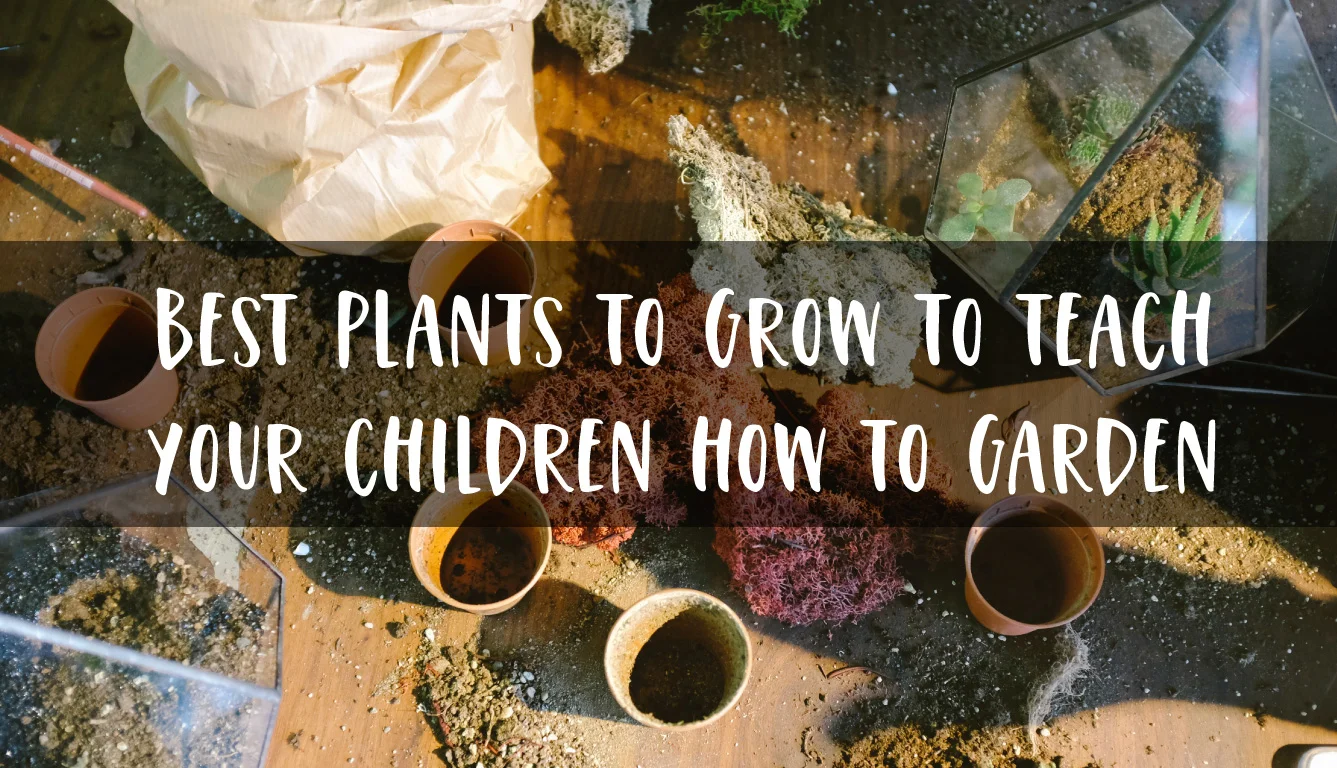


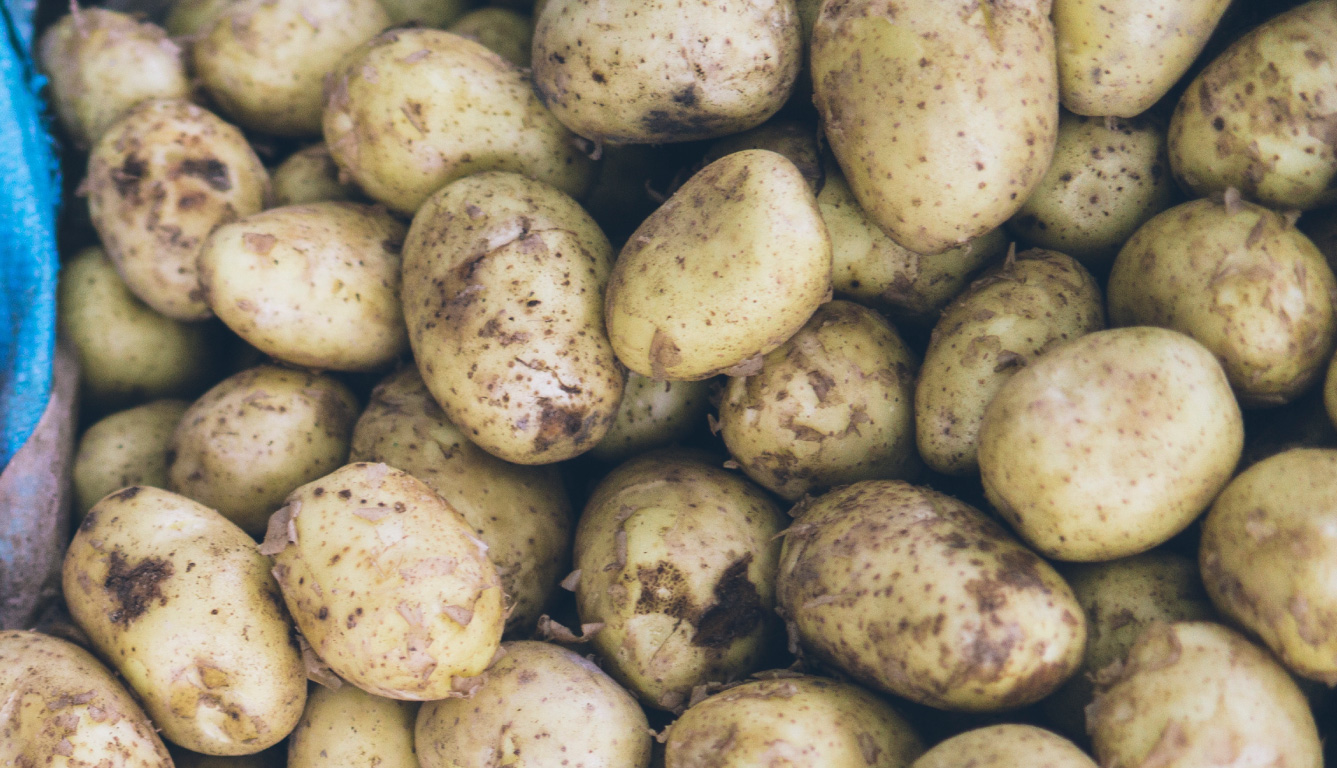
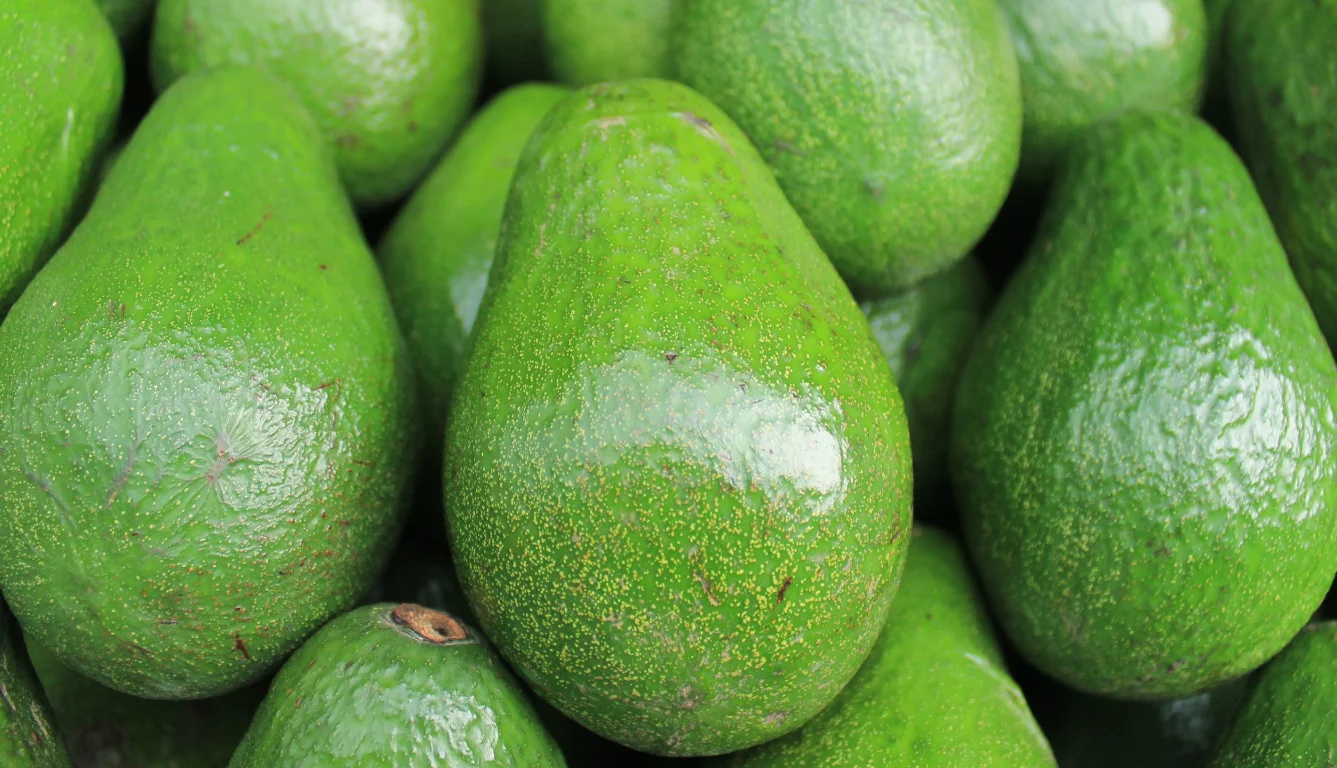
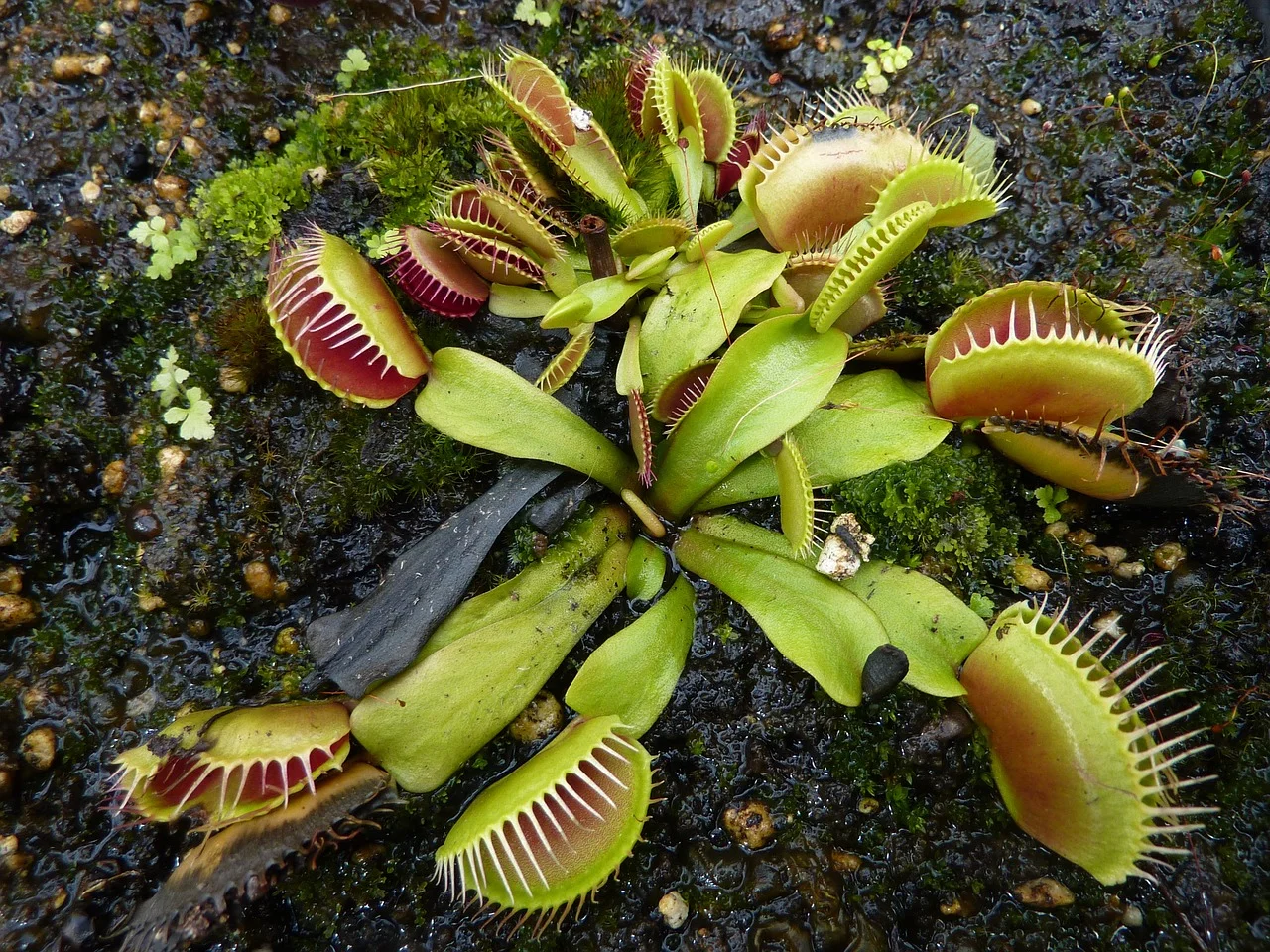
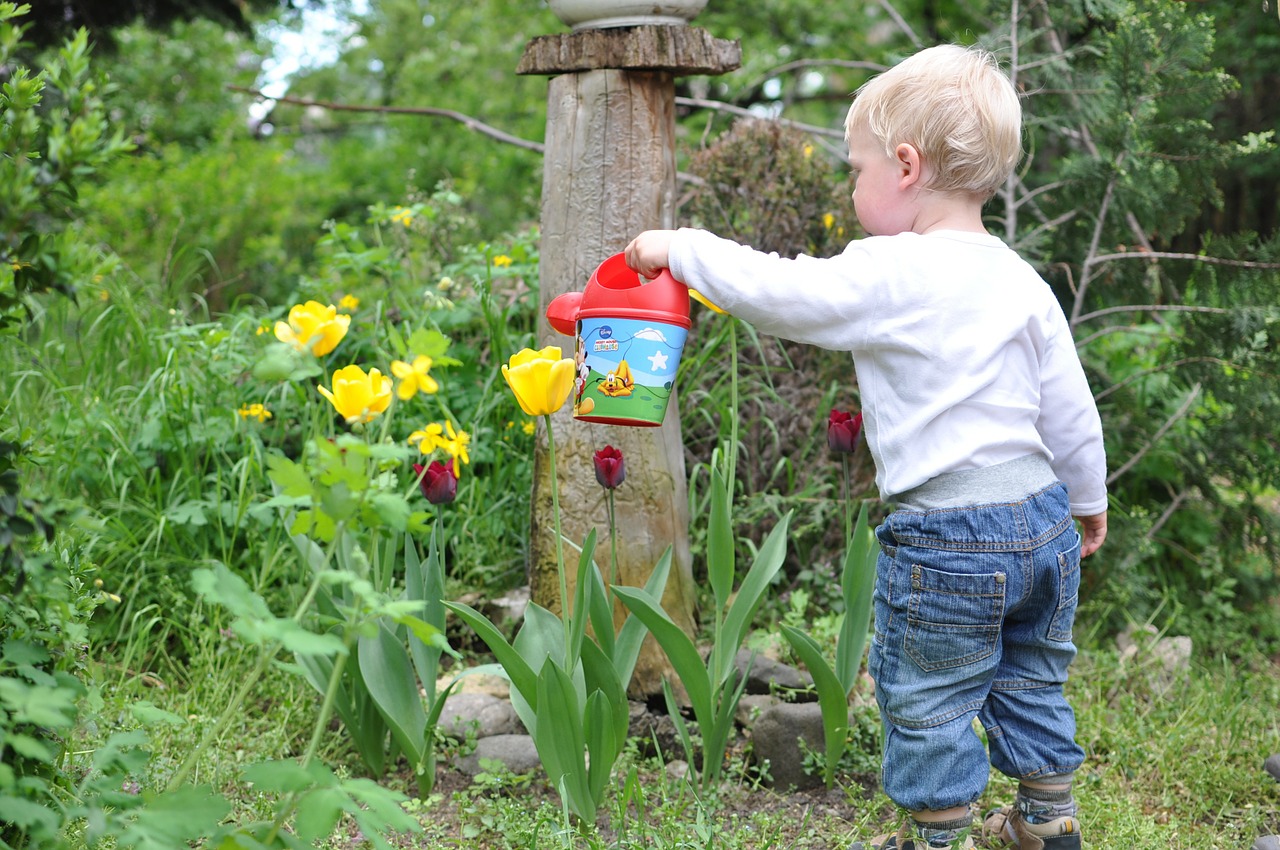









Make back-to-school transitions easier for kids with expert tips from nannies in Brisbane. Learn how to establish routines, prepare the night before, create productive homework zones, support social and emotional growth, and include sensory activities. Explore nanny jobs Brisbane and nanny babysitting jobs Brisbane for professional childcare support.